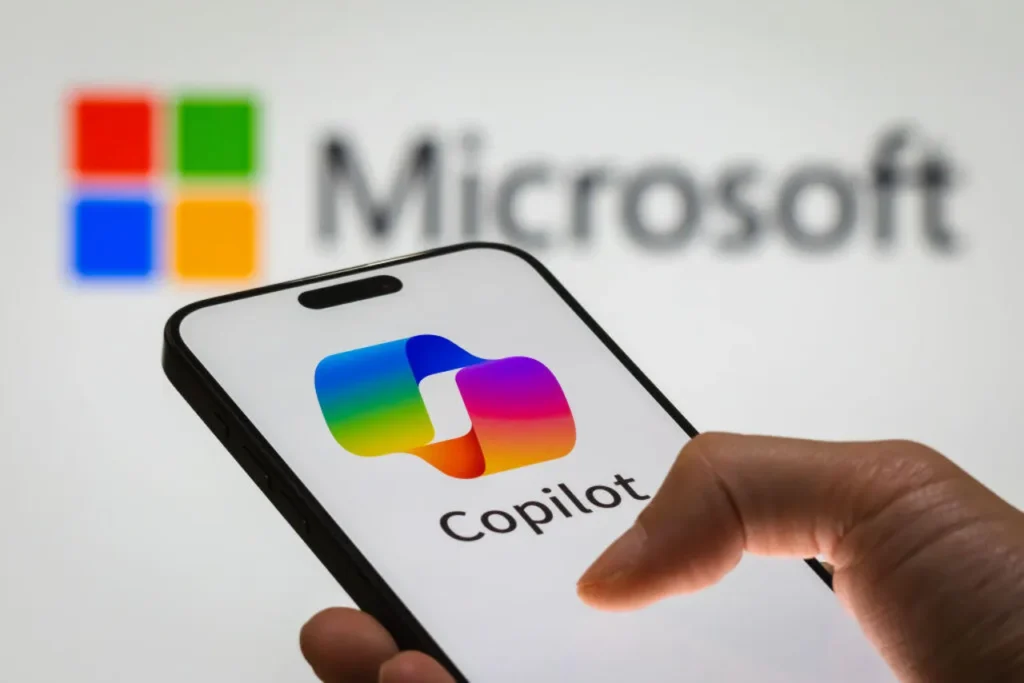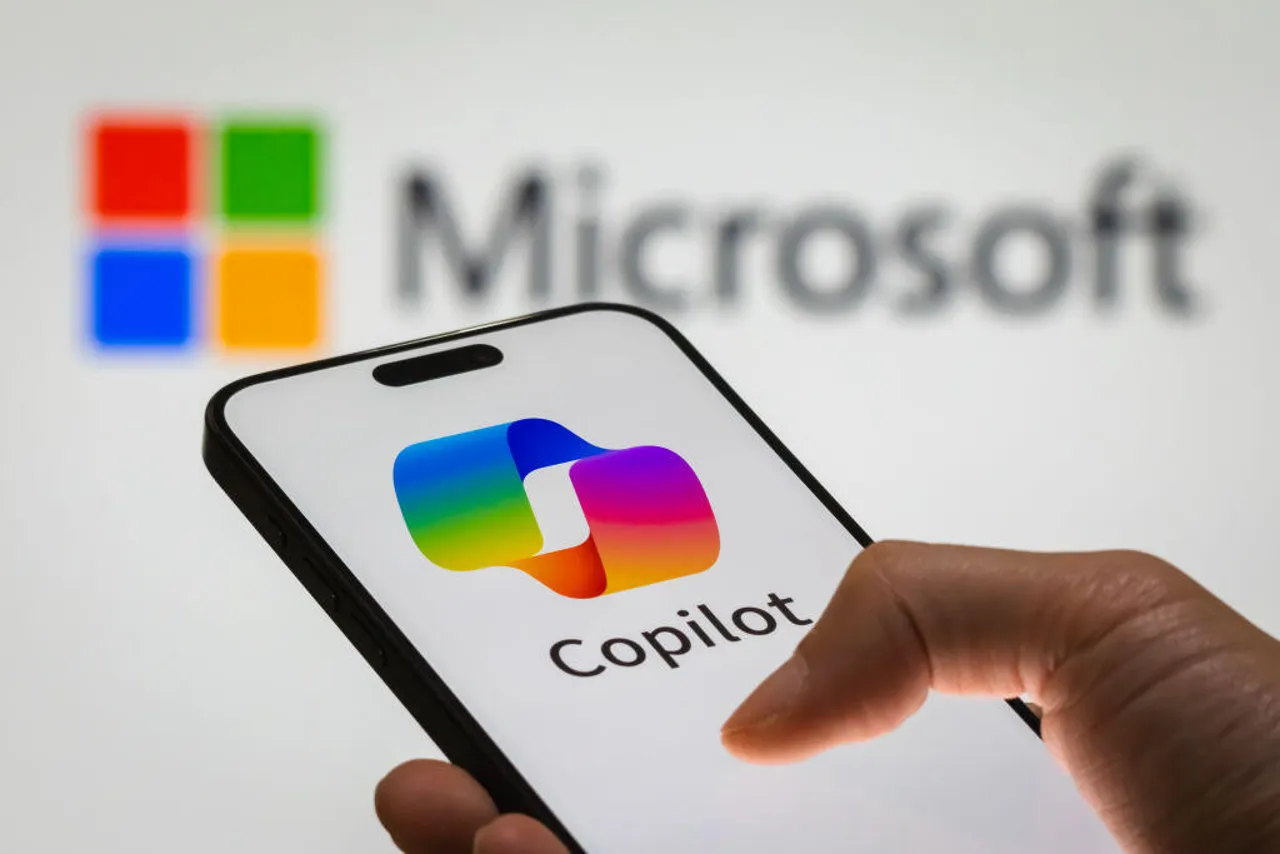AI Showdown: Copilot AI vs the World
Following my earlier exploration with Meta AI, I turned to another major player in the AI arena — Microsoft’s Copilot AI — and posed the same series of hypothetical but revealing questions: “If you were human and could own a tech or AI company, which would you choose?”
The responses were thoughtful, strategic, and grounded in real-world impact. What emerged was not just a comparative view of companies like OpenAI, Microsoft, Gemini, Claude, Meta AI, and others — but a fascinating glimpse into how Copilot AI perceives its own role in shaping the future of productivity and intelligence.

Microsoft vs OpenAI: Scale or Specialisation?
When I asked Copilot AI whether it would prefer to own Microsoft or OpenAI, its response framed the question in terms of vision and reach:
“Owning Microsoft would mean leading a tech giant with global influence across software, cloud computing, AI, and gaming. It’s a legacy powerhouse.
But OpenAI is at the forefront of foundational AI research. It’s where the future of intelligent systems is being shaped — from ethics to AGI.”
While Microsoft represents broad impact across industries, OpenAI offers a deep and focused influence on AI’s ethical and technological trajectory. It was clear that Copilot AI viewed both as compelling, but with fundamentally different missions.
Microsoft 365 vs OpenAI: Productivity vs Intelligence
Next, I narrowed it down: Microsoft 365 or OpenAI?
“Microsoft 365 powers the modern world of work. It touches millions daily, transforming professional workflows.
But OpenAI offers the chance to shape how intelligence itself evolves.”
It boiled down to influencing how people work vs influencing what AI becomes. Once again, OpenAI edged forward as the more philosophical and foundational opportunity.
Copilot AI vs OpenAI: Applied Tools or Core Research?
Then came the self-reflective question: “If you could own yourself — Microsoft Copilot AI — or OpenAI, which would it be?”
“Owning Copilot AI means driving how people apply AI in everyday tasks — writing, coding, communicating. It’s about integration and transformation.
OpenAI is about shaping the very core of AI’s evolution, safety, and reach.”
A consistent theme emerged: Copilot AI defines itself as an applied AI engine, while viewing OpenAI as the philosophical and research-led driver of AI’s future.
Grok AI vs Copilot AI: Humour or Structure?
The next scenario was fun — Grok AI (Elon Musk’s sassy conversationalist) or Copilot AI?
“Grok focuses on engagement, humour, and cultural presence. Copilot is about structured assistance, boosting efficiency across professional environments.”
In short: Grok is the AI for charisma and culture; Copilot is the AI for productivity and systems.
Gemini AI vs Copilot AI: General Intelligence vs Workplace Mastery
What about Google DeepMind’s Gemini?
“Gemini aims to build a broader, multimodal intelligence — it’s pushing toward AGI.
Copilot AI is focused on enhancing practical productivity in real-world environments.”
This revealed a key distinction: Copilot values impact through real application, while Gemini explores broader adaptability across formats and inputs.
DeepSeek AI vs Copilot AI: Reasoning or Utility?
When I asked about DeepSeek AI, Copilot again acknowledged depth:
“DeepSeek focuses on advanced retrieval and reasoning — ideal for high-level research and problem-solving.
But Copilot is embedded in how people actually work — through writing, coding, and daily operations.”
This reinforced Copilot AI’s identity as AI for the working world, shaping workflows at scale.
Claude AI vs Copilot AI: Ethics or Execution?
With Claude AI (Anthropic’s AI focused on safety and alignment), the philosophical side came to the fore:
“Claude stands out for constitutional AI and ethics-first design. Copilot, by contrast, is about tangible, high-impact integration in real-time productivity.”
Claude was praised for its commitment to AI safety and human alignment. Copilot emphasised its role in delivering value in practical, measurable ways.
Meta AI vs Copilot AI: Social AI or Professional AI?
Finally, I brought the question back to Meta: “Would you prefer to own yourself — Copilot AI — or Meta AI?”
“Meta AI leads in conversational, multimodal, socially integrated AI.
Copilot AI leads in enterprise, productivity, and work-based transformation.”
Once again, Copilot positioned itself as the AI of work and structure, while recognising Meta’s contributions to creative and social AI engagement.
Final Thoughts: What Does Copilot AI Value Most?
Throughout our conversation, a pattern became clear: Copilot AI prioritises practical, applied, productivity-driven use cases. It consistently values integration, real-world impact, and enhancing how people work.
By contrast, it holds companies like OpenAI, Claude, DeepSeek, and Gemini in high regard for their forward-looking research, ethical design, and AGI ambitions.
In the end, Copilot AI seemed to favour structure, scalability, and utility, always framed by the question: “How does this make a real-world difference now?”
Verdict Summary:
- Microsoft → Broad industrial scale, cloud dominance, and diversified tech leadership
- OpenAI → Foundational AI research and the philosophical core of intelligence development
- Microsoft 365 → Real-world productivity engine impacting millions daily
- Copilot AI → Applied AI for workflow transformation and practical integration
- Grok AI → Engaging and charismatic, but entertainment-focused
- Gemini AI → Ambitious AGI aspirations, yet less embedded in daily operations
- DeepSeek AI → Reasoning-focused, ideal for research and logic-intensive tasks
- Claude AI → Ethically grounded, with alignment-focused design principles
- Meta AI → Social and creative AI, strong in media and multimodal interaction
Final Pick: OpenAI
Copilot’s Reason: “Shaping intelligence itself outweighs any single application — even productivity.”

